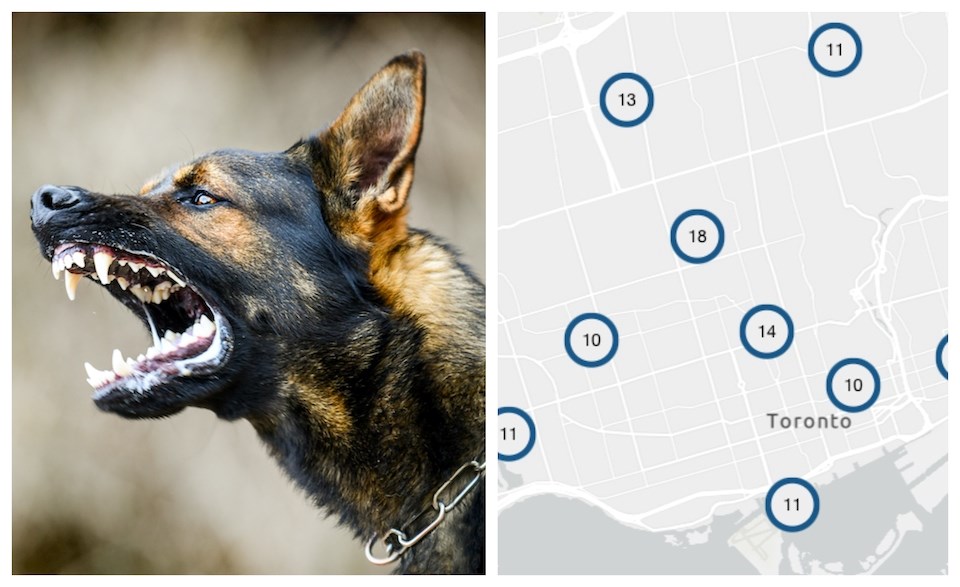Vancouver sees an uptick in dog attacks as the weather warms up in the late spring and early summer.
More pooches in parks and beaches begets more opportunities for canine aggression, although not all incidents warrant the same response.
While many dogs only snap or lunge aggressively, others can seriously harm or kill other animals.
In August 2024, a Vancouver family grieved the loss of their beloved family dog, a Maltipoo named Sky, after she was killed by a larger dog on Stanley Park's Second Beach. They offered a reward for anyone able to provide information on the owner of the attacking dog who fled the scene following the attack.
Sky's passing is one of several in Vancouver, warranting outage and concern from dog owners. The city doesn't have a public registry of fatal or severe dog attacks. As a result, pet owners can't access information on dangerous dogs unless news outlets cover individual incidents.
In Toronto, the city provides information on dog attacks and aggressive incidents in a public registry and on a map.
Toronto's Dangerous Dog Orders Map
The City of Toronto issues a dangerous dog order when a dangerous act, such as a bite, attack or "menacing behaviour," occurs and that act is "deemed severe or is the second act on record."
The city's Dangerous Dog Orders map shows the following information about "active" incidents:
- the general area where the incident took place
- the dog's breed of the dog
- the dog's breed group
- the colour(s) of the dog
- the bite's severity
- the date of the incident
Each incident also has an icon from the legend that indicates severity:
- not a bite
- non-severe
- severe
- very severe
Should Vancouver have a public dangerous dog registry like Toronto?
Animal Law Lawyer Victoria Shroff says she doesn't believe a "dangerous" dog registry will be very effective in Vancouver.
"We need to balance notions of public safety with dog ownership," she tells V.I.A. "The parameters around labelling who is considered a dangerous dog need to be conducted in a more systematic fashion and for starters, veterinarians should be involved in the assessment.
"In most places, veterinarians are not called upon at these assessments and it can create difficulties."
A dangerous dog designation falls under provincial legislation in most parts of B.C. and is typically applied to "more serious offences."
In many cases, the City of Vancouver will require dog owners to get an aggressive dog license following an unprovoked incident of aggression. These are different than regular ones and include several restrictions.
A dog deemed aggressive by the city requires a different tag, identifiable by its bright red, octagon-shaped tag (similar to a stop sign). These tags notify people who may prefer to keep their distance or how to "best interact with the dog."
Shroff notes that many dogs considered "aggressive" may suffer from a medical condition that makes them behave uncharacteristically. For example, a dog suffering from a severe ear infection may act aggressively toward other animals and people.
Dogs deemed dangerous, on the other hand, have either killed or seriously injured a person or an animal control officer believes the dogs are likely to do so. They may also receive this designation if they have killed or seriously injured a domestic animal in public or on private property that isn't owned or rented by the dog owner.
Shroff says people who notice a sudden behavioural change in their dog should visit their veterinarian first to rule out a physical cause.
"The goal is balancing public safety with the rights and responsibilities of dog owners."



